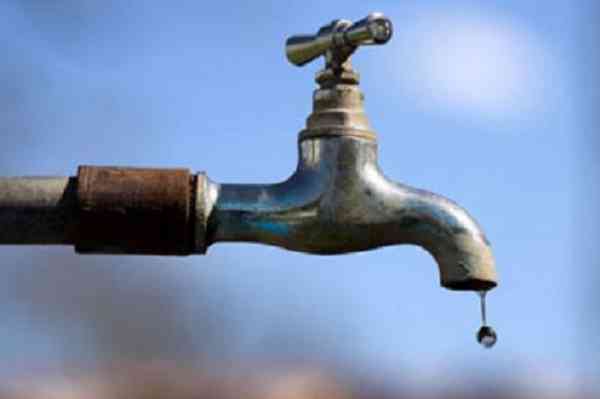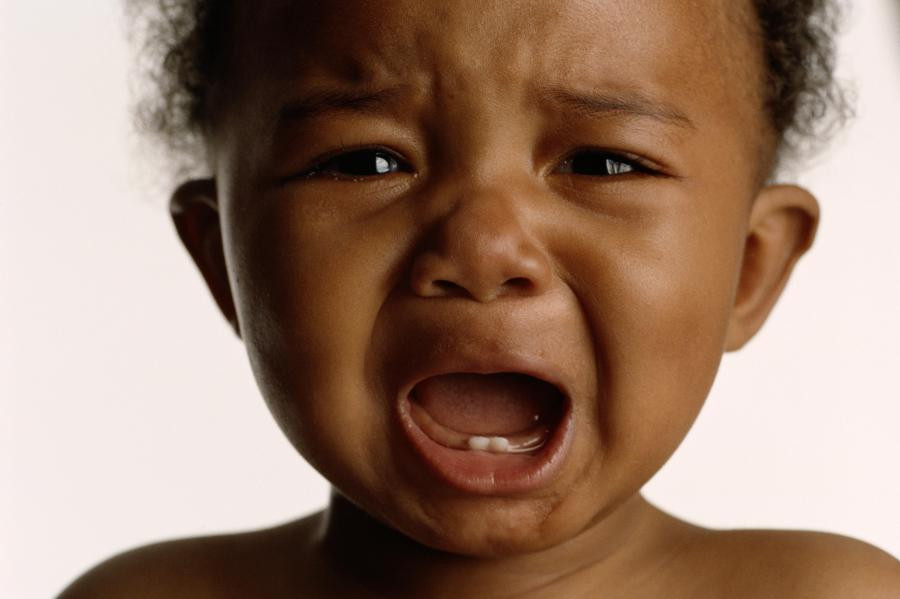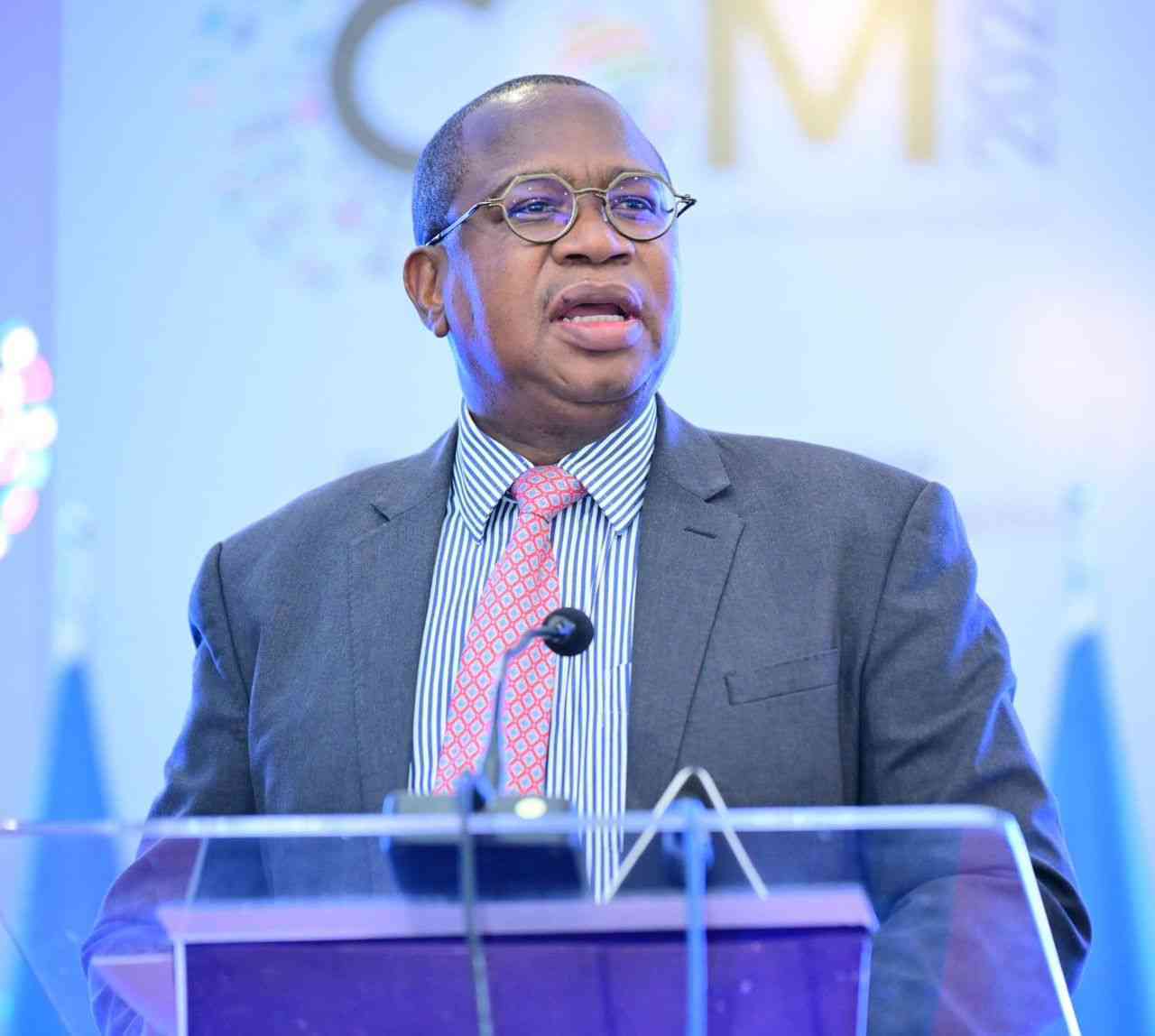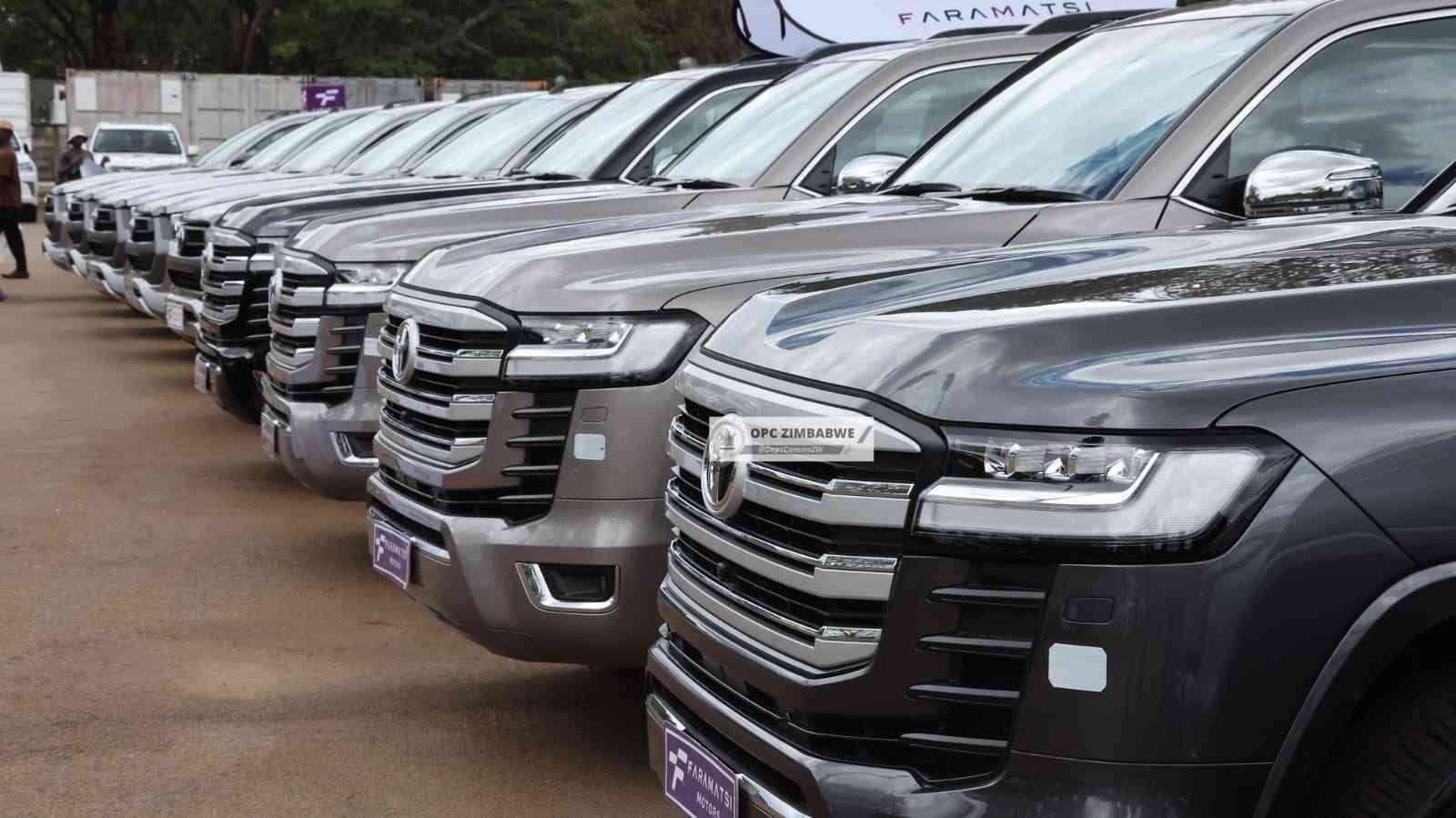
Bulawayo’s water crisis has become a menace, as residents go more than six days without running water. When the new mayor David Coltart assumed office, many hoped the situation would change for the better.
In actual fact, some residents now feel the previous mayor handled the crisis more effectively, as water outages rarely lasted beyond three or four days.
I visited Bulawayo last week and experienced first-hand this hazard that has disrupted daily life across the city.
The shortage of running water is not just an inconvenience it breeds disease, threatens livelihoods, and undermines the dignity of the city’s people.
Bulawayo, once renowned for its orderliness and strong municipal management, is fast losing its shine.
For months, the city’s taps have run dry, forcing residents to queue at community boreholes or fetch water from unprotected sources.
Our sister publication, NewsDay, has repeatedly chronicled this decline. In one article titled “Bulawayo loses lustre as city runs dry,” the newspaper reported that some suburbs go for up to four consecutive days without water, with supply returning briefly before being cut again.
Other reports reveal that in suburbs like Mzilikazi, Pumula, and Cowdray Park, residents have learned to live with dry taps as water shedding schedules stretch beyond a week.
- Revisiting Majaivana’s last show… ‘We made huge losses’
- Edutainment mix: The nexus of music and cultural identity
- Police sweat over missing student
- ChiTown acting mayor blocks election
Keep Reading
The council attributes the shortages to low dam levels and ageing infrastructure.
Bulawayo’s water crisis did not start overnight. The city’s dependency on a limited dam system has long been known.
The major supply dams—Umzingwane, Insiza, Upper and Lower Ncema, and Mtshabezi—are all located in arid regions where rainfall is increasingly erratic due to climate change.
Yet despite numerous feasibility studies and government promises, long-term solutions such as the Matabeleland Zambezi Water Project remain unfulfilled.
Year after year, the city is caught unprepared when drought hits. The repeated decommissioning of dams due to low water levels or siltation reflects a lack of preventive maintenance and forward planning.
The council’s failure to desilt dams or diversify water sources has made residents’ suffering predictable and preventable.
Beyond the climate factor, Bulawayo’s water crisis is exacerbated by deteriorating infrastructure.
Decades-old pipelines leak thousands of litres daily, while pumping stations and treatment plants often break down due to neglect.
Investigations reveal that some water treatment equipment is over 60 years old, and the city loses more than 40% of treated water through leaks before it even reaches residents.
While the council blames foreign currency shortages and central government interference for delays in infrastructure upgrades, these excuses are no longer convincing to residents who have endured years of hardship.
The council’s priorities appear misplaced—more energy is spent on issuing statements than on tangible improvements.
Bulawayo’s problem is not only about rainfall, but about leadership failure. Indeed, this is not merely a water shortage; it is a governance crisis.
The brunt of the crisis falls on ordinary people. Residents spend hours queueing for water at community boreholes, some of which are now running dry due to overuse.
Families are forced to ration water for cooking, cleaning, and sanitation. In the high-density suburbs, people have resorted to collecting water from shallow wells or open streams, risking exposure to diseases such as cholera, typhoid, and dysentery.
Health experts have raised alarms that the city could face another outbreak if urgent measures are not taken.
The situation is particularly dire for the elderly, women, and children who bear the burden of fetching water.
Schools have been forced to close temporarily during severe shortages, and hospitals struggle to maintain hygiene.
A recent NewsDay article with the headline “Water crisis chokes Bulawayo,” warned that residents were drinking from unsafe sources as boreholes failed to yield water.
The shortage of safe water has thus become a full-blown public health emergency.
Many residents draw comparisons between the previous city leadership and the current one.
While the former administration also implemented water-shedding schedules, the frequency and duration of outages have worsened under the current council.
Under the previous mayor, residents endured about three to four days without water. Now, many suburbs are dry for six days or more.
This regression has eroded public confidence. The new council, instead of bringing innovative solutions, has offered the same old rhetoric—blaming drought, power cuts, and limited resources.
Yet, other cities like Harare and Gweru, are facing similar climatic conditions, have at least managed shorter rationing periods and better communication with residents.
Bulawayo’s council has failed to adapt, modernise, or take accountability.
The gap between leadership promises and the lived reality of residents is widening.
Following growing pressure, government recently deployed a technical team to assist the council in addressing the crisis.
According to an article by the NewsDay, the team’s mandate includes upgrading pipelines, rehabilitating the Umzingwane Dam booster pump, and improving output from the Nyamandlovu aquifer.
The target is to increase daily water supply from 135 megalitres to 175 megalitres.
However, implementation has been painfully slow. Bureaucratic red tape, funding shortages, and political tensions between local and central authorities continue to stall progress.
For the residents who wake up every day to empty taps, these promises are hollow.
The water crisis has not only affected domestic life but also crippled Bulawayo’s industries and service delivery.
In 2023, United Refineries Limited was forced to halt operations for a week due to water shortages, a development that disrupted the local economy.
Small businesses—especially those in food, hospitality, and manufacturing—continue to suffer.
Health risks, meanwhile, are intensifying. With sewer pipes bursting and limited clean water for sanitation, the city risks a public health catastrophe.
Residents’ dignity is eroded as they bathe in buckets and store water in unsafe containers.
The image of Bulawayo, once a model of urban management, is being tarnished.
If the Bulawayo City Council is to redeem itself, it must acknowledge its failures and act decisively. Restoring public trust begins with transparency.
The council must publish accurate water-shedding schedules and communicate openly about progress on infrastructure projects.
More importantly, preventive maintenance should be prioritized—regular desilting of dams, replacing aged pipelines, and upgrading pumping equipment.
The city must also invest in alternative water sources, such as rainwater harvesting, recycling systems, and deeper aquifers.
Community participation can no longer be an afterthought. Residents should be involved in decision-making, from monitoring water leaks to managing boreholes.
Partnerships with the private sector and NGOs could help fund water projects and improve efficiency.
Finally, the national government must stop politicising local governance. Without adequate financial support and policy coordination, Bulawayo will remain trapped in a vicious cycle of crisis and blame.
Bulawayo’s water crisis is a tragedy that exposes the deep cracks in urban governance.
While drought and climate change are contributing factors, the ultimate failure lies in poor planning, corruption, and neglect.
Reports have shown that this is not merely a natural disaster it is a human-made crisis sustained by mismanagement.
The Bulawayo City Council has failed its residents. It has failed to provide the most basic necessity of life clean, running water.
Until leadership prioritises people over politics, and action over excuses, the city will continue to thirst both for water and for competent governance.
*Gary Gerald Mtombeni is a journalist based in Harare. He writes here in his personal capacity. For feedback Email [email protected]/ call — +263778861608











